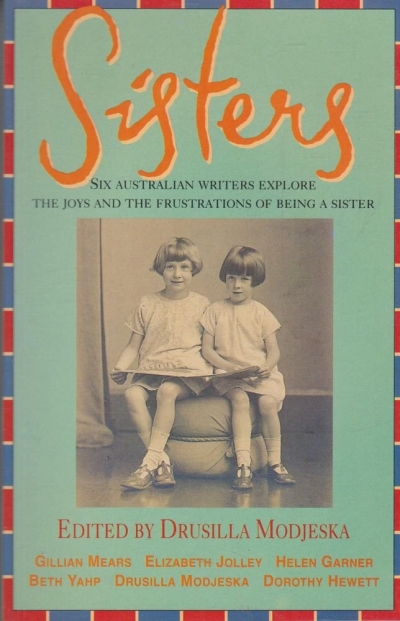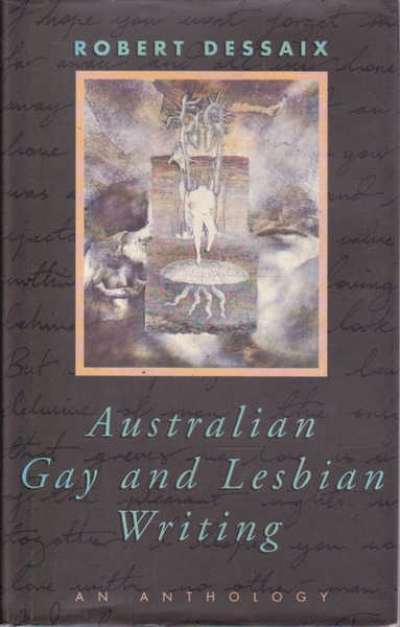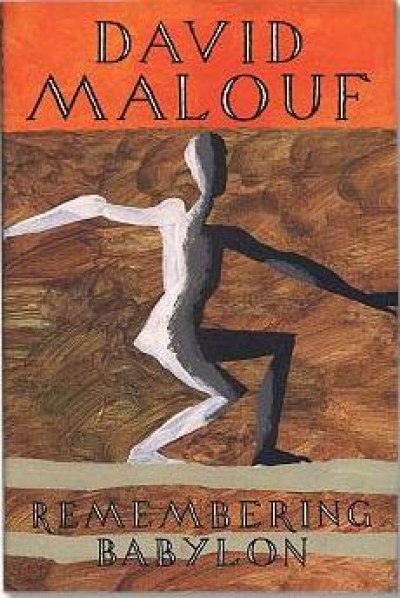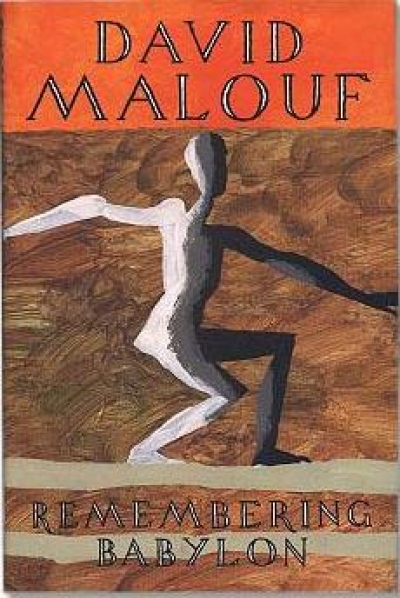Archive
On My Empty Feet by Rhyll McMaster & The Catullan Rag by Peter Rose
How does this book fit in with your development as a poet?
I think its’s fundamentally different. The House of Vitriol (a late first book, I was thirty-five when it appeared) was largely the work of about seven or eight years, but the earliest poem in it was written when I was sixteen, so it’s a big sprawling thing covering a lot of subjects and quite a lot of techniques – some of them really inchoate. And it was an unusually long book. This new book, which was written over about three years, has a kind of unity. But I don’t approach any book of poems globally. I’m a lazy reader of poetry. I never sit down with a book and read it right through. It may take me six months to a year to get to know a book even when I’m fond of the poet. Unlike some poets who will shape a book, and have that unity in mind, I don’t. I’m not deliberately setting out to achieve a harmony between poems.
... (read more)








